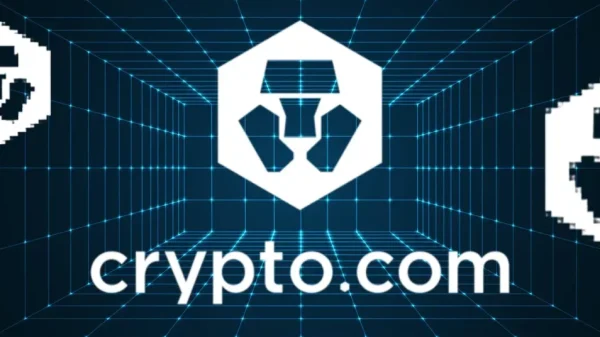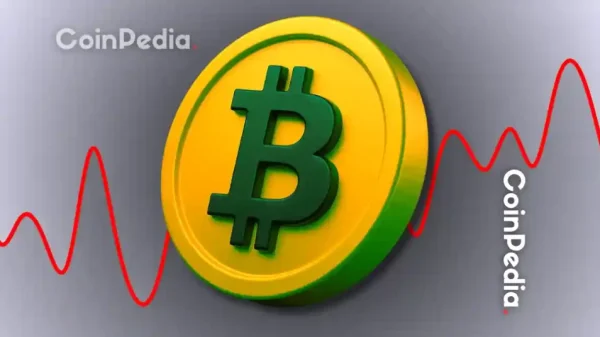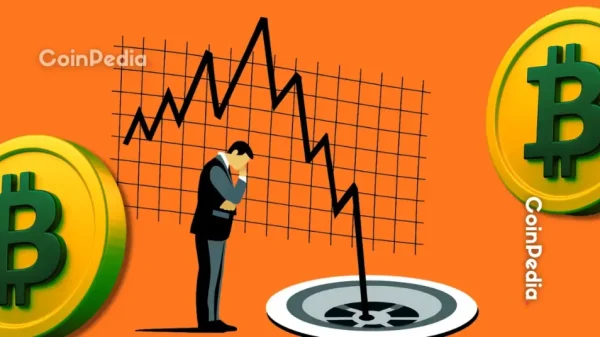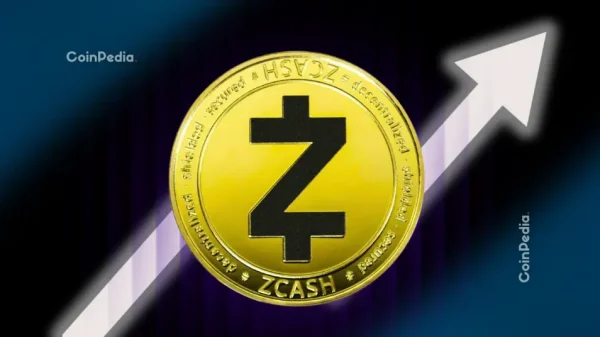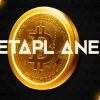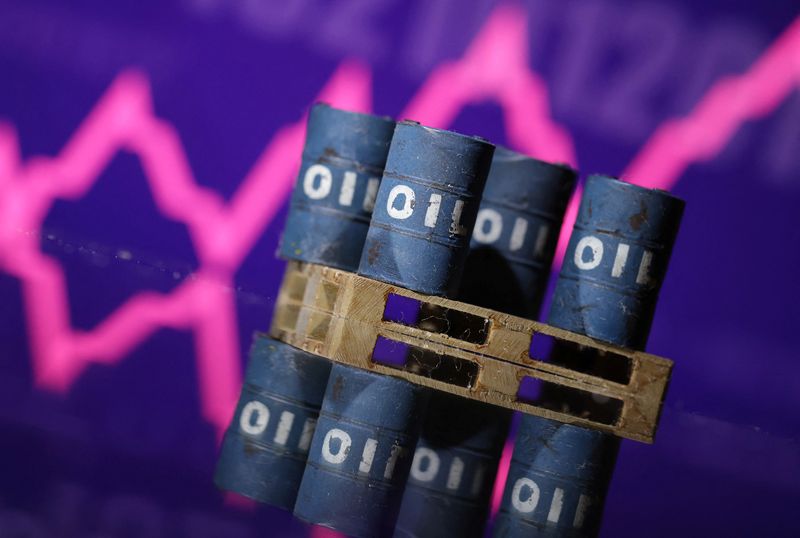The post Solana vs Ethereum: Who Held Up Better During the Crypto Crash appeared first on Coinpedia Fintech News
During the recent crypto market sell-off that was triggered by Trump’s tariffs on China, the crypto market witnessed significant declines. The market saw over $19 billion in liquidations, marking one of the largest single-day losses in crypto history. While Bitcoin dropped below $105k levels, major altcoins also saw steep declines.
Solana Handles High Volume Despite Market Stress
The crypto sell-off was a real stress test for major blockchains, which revealed key differences between Solana and Ethereum under pressure.
Notably, Solana proved resilient, handling around 1,200–1,300 transactions per second even during the peak of the chaos, with block confirmations taking just 400–450 milliseconds. Fees spiked briefly to 20–30 cents but quickly dropped back below a cent.
The network remained stable throughout, with no major slowdowns or congestion, which highlighted Solana’s ability to perform under extreme market stress.
Ethereum’s Network Slows and Fees Spike
However, Ethereum struggled during the market turmoil, processing only about 13–15 transactions per second on its base layer, with block times stretching to 14–15 seconds. Gas fees shot above $500 per transaction at peak congestion, effectively pricing out most users and stalling wallets and DeFi operations.
While Solana remained fully functional, which shows that recent improvements like Firedancer, QUIC, and stake-weighted QoS boosted the network’s performance.
“When users are priced out and transactions can’t clear, the network might as well be offline. Under high load, blockchains must remain accessible, affordable, and reliable,” treasury firm DefiDevCorp said.
Zero Issues With Solana
Crypto researcher Aylo also shared his experience during the market crash. He had assets and DeFi positions open on both Solana and Ethereum and reported zero issues using Solana. In contrast, he noted that Ethereum, on the other hand, was unusable due to high costs during the market crash, and wallet services like Rabby also went down.
He shared that Solana proved to be the most reliable and performant chain under heavy load, although it is not fully reflected in its current valuation.
This shows how Solana’s high-throughput design handles extreme market stress better than Ethereum’s more security-focused base layer.
Also Read : Top Altcoins To Buy and Hold This Week ,
Solana’s Resilience Under Pressure
Although Ethereum’s scaling solutions like Arbitrum and Base work well in normal times, its mainnet can choke during market panic moments. However, Solana, built for speed from the ground up, handles stress smoothly.
With over 20 months of uptime since early 2023, it is proving that under pressure, raw speed and reliability can rival even Ethereum’s massive, decentralized ecosystem.
If these trends continue, Solana’s reliability during market chaos could make it more appealing to traders, developers, and DeFi protocols than Ethereum.
While both the networks have their own strengths, as Ethereum stands out for its decentralization and long track record, while Solana is built for speed and low transaction costs, the recent market crash emphasized how reliability and performance under stress are becoming key factors for consideration.
Never Miss a Beat in the Crypto World!
Stay ahead with breaking news, expert analysis, and real-time updates on the latest trends in Bitcoin, altcoins, DeFi, NFTs, and more.
FAQs
Solana remained stable, handling 1,200+ transactions per second with sub-second confirmations. Fees briefly spiked but quickly normalized, showing strong resilience.
Ethereum’s network slowed significantly, with gas fees soaring above $500. This high cost priced out many users and stalled DeFi operations and wallets.
Both have strengths; Ethereum excels in decentralization, while Solana is built for speed and low cost. Performance during stress is becoming a key differentiator for users.

